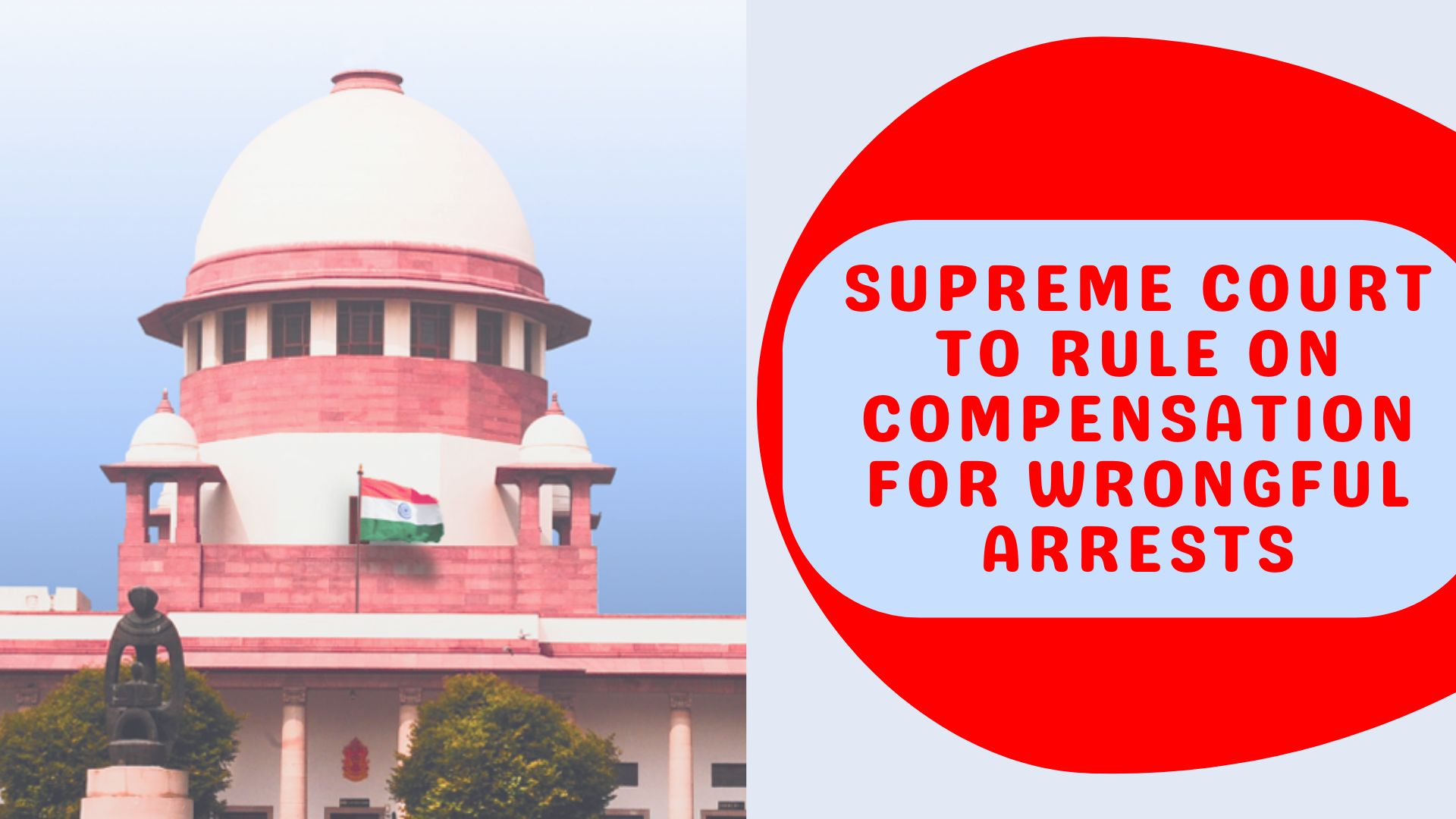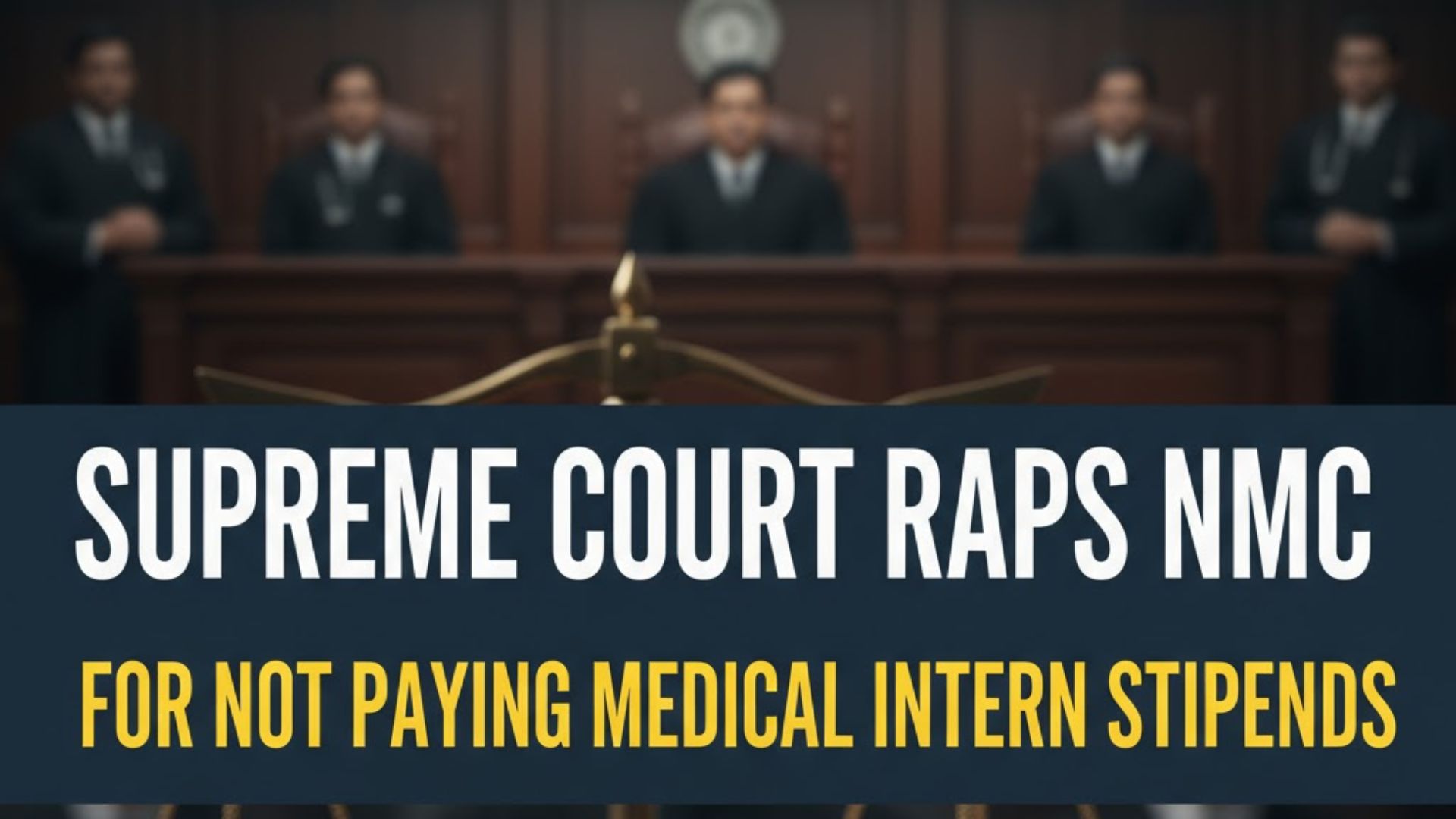S. Ravindra Bhat, J.@mdashIssue notice. Mr. B.B. Gupta and Mr. Vishal Anand accept notice for the Delhi Pollution Control Committee and the
NDPL. With consent of counsel for all the parties in this petition, this case was heard finally. In these proceedings under Article 226 of the
Constitution of India, the writ petitioners'' common grievance is that the Delhi Pollution Control Committee, the first respondent, withdrew
authorization and permission to engage in industrial activity, in terms of The Environment Protection Act, 1986, the Air (Prevention and Control of
Pollution) Act, 1981 and the Hazardous Waste (Management and Handling) Rules, 1989.
2. The petitioners are engaged in various industrial activities, such as re-rolling, pickling and/or annealing of Stainless steel sheets. They had earlier
been granted licenses and permissions, as applicable under various laws and regulations, such as the Air (Prevention and Control of Pollution) Act,
1981; Water (Prevention and Control of Pollution) Act, 1974; the Environment Protection Act, 1986 and the Hazardous Waste (Management and
Handling) Rules, 1989. The Delhi Pollution Control Committee, by impugned orders in identical terms, in almost all cases, dated 7.8.2007,
intimated that such licenses, permissions and authorizations were withdrawn.
3. Mr. Sandeep Sethi, learned senior counsel submitted that the impugned orders are unsustainable, because they were not preceded with show
cause notice or reasonable opportunity. If there were any deficiencies, the respondents should have notified them and given opportunities to rectify
them. Instead, they unceremoniously proceeded to withdraw the licenses and permissions, under the various Acts and regulations. Such action is
violative of principles of natural justice, and the court therefore, has to interfere, in exercise of judicial review powers.
4. Mr. B.B. Gupta, learned counsel for the Delhi Pollution Control Committee, justified the impugned orders. He submitted that the units of all the
petitioners were inspected. Though the petitioners were not separately notified the deficiencies existing, which amounted to violation of
environmental standards prescribed by various enactments and regulations, they knew of it all times. Counsel submitted that being aware that the
units were inspected, the petitioners had a duty to inform themselves about the shortcomings.
5. Learned counsel for the respondents further submitted that the question of enforcement of environmental standards is an important one and has
acquired public importance. The Supreme Court had by various directions required setting of Local Area Committees, which could visit the sites
and make recommendations. On the basis of information collected, the Delhi Pollution Control Committee, a statutory body created under the
Environment Protection Act, determined that the cases of the petitioners, few among the 100 plus inspected by it, required to be treated
immediately, calling for invocation of emergency powers. In these circumstances, prior notice or hearing was not necessary.
6. It is further contended that the petitioner did not have any consent or permission to carry manufacture of stainless, steel utensils or buffing. In
these circumstances counsel contended that it should give and furnish undertaking not to carry on the business without carrying on any permission
or applying for appropriate license/permission. It was also contended that the electricity disconnected on 29.8.2007.
7. The above facts reveal that the petitioners are engaged in manufacturing activities which require environmental clearance under the Air
(Prevention and Control of Pollution) Act, 1981; Water (Prevention and Control of Pollution) Act, 1974; the Environment Protection Act, 1986
and the Hazardous Waste (Management and Handling) Rules, 1989. Those clearances were forthcoming. The Delhi Pollution Control Committee,
pursuant to inspections, said to have taken place in May, 2007, issued the impugned orders, resulting in closure or direction to close these
industrial units. Indisputably, the action was not preceded by show cause or hearing to the petitioners.
8. It is well settled that every administrative or executive order, which affects or adversely impacts on the rights of an individual, should be
preceded by a fair procedure, thereby implying notice, a right to represent against the proposed action and some opportunity of hearing. The
content of such right would vary from situation to situation; every case may not warrant a personal hearing. (Ref Charan Lal Sahu Vs. Union of
India, ; Godde Venkateswara Rao Vs. Government of Andhra Pradesh and Others, ; Canara Bank and Others Vs. Shri Debasis Das and Others,
). Natural justice can be dispensed with if the injury to public interest is imminent or irreversible, if it is followed. It has been held in Liberty Oil
Mills and Others Vs. Union of India (UOI) and Others, that the executive or public agency can seek recourse to emergency powers to prevent
harm or injury to public interest wherever power exists, by Thanking ex-parte or interim orders, interdicting the rights of individuals, pending final
administrative or statutory determination.
9. In this case, as noticed earlier, the impugned action was not preceded by any, much less rudimentary or essential hearing. The orders are
admittedly final; they are not expressed to be interim measures. It may be that the petitioners were aware of inspection carried out by the
respondents; that cannot lead to a presumption that they were aware of the latter''s intention to issue directions for closure. Moreover, there is
admittedly a considerable time lag between the inspection, carried out in May, 2007 and the impugned orders. This too, shows prima facie that
there was no such urgency or emergency, which could be termed as ""imminent"" injury to public interest if rules of natural justice were followed.
10. I am of the opinion that the petitioner should furnish an appropriate undertaking to this court not to carry on any business which is not in
conformity with the permission or license applied for granted by the DLCC. The said undertaking shall be furnished to the court within one week.
11. For the above reasons, the petitions are entitled to succeed. However, instead of quashing the impugned orders, I am of the opinion, having
regard to the nature of the concerns expressed by the respondents, that the orders, instead of being treated as directions or orders of closure,
and/or withdrawal of authorizations/cancellations of license, they should be treated as show cause notices. The petitioners shall file their reply to
such show cause notices within 3 days. The respondent Delhi Pollution Control Committee shall minimum opportunity of hearing to the petitioners
and thereafter issue speaking orders. The entire process shall be completed within three weeks. Till then, the status quo as existing in respect of the
petitioners'' industrial units shall continue; they shall not be treated as closed units. Subject to compliance with the commercial formalities the NDPL
shall restore the electricity connection to the premises within two weeks from today.
12. The petitioner shall carry on only manufacturing activities of hosiery stocks and no other industrial or commercial activity, without obtaining
appropriate consents under the relevant involvement rules. Subject to the above directions, all rights and contentions of the parties are hereby
reserved. The petition are disposed off in the above terms without any order as to costs.

